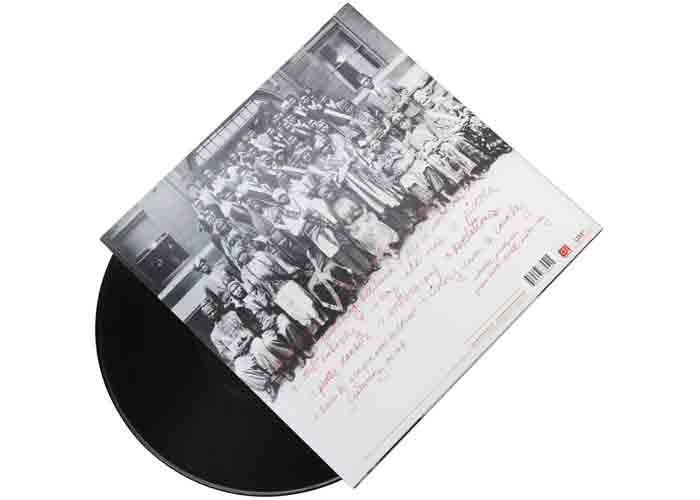


But what is held within is more than serviceable, echoing the bass-heavy groove of “Undeniable” in more than one place and letting the sample-raga and unpredictable references dictate a cosmopolitan feel.īetween the expansive, reverberating samples and enjoyably loose rhyming, The Ecstatic continues the relaxed schmear of True Magic, but by increasing the narrative distance from his pet social and relational problems he rediscovers more of the urgency that made his first two albums so compelling, even if he’s not as brash as he once was, a smug prick dissing the Rolling Stones and Jay-Z. There’s none of the taut-as-hell self-production steeped occasionally with a live band as on the first two albums, which is a shame. In any case, he’s choosing from top-shelf Stones Throw beatsmiths, picking, along with Madlib, naturally, Dilla. There’s still some shitty sound quality here thanks to Mos doing a lot of picking ‘n’ choosing from his favorite preexisting instrumentals. And the beats were wack, right? Mixed weirdly low? But past effectiveness as a summer album, it didn’t exactly have a lot to say beyond what it was saying. The lack of promotion and cover art got everyone (read: still paying attention) feeling preemptively ripped off, but the whole “it’s just about the music” thing was actually appropriate: he wasn’t trying to make any urgent statement, just had some shit to get off his chest sky wasn’t falling, life was pretty good The Hitchhikers Guide To The Galaxy goes a long way, or long enough, to cornering some bills. Still kinda angry, but no “The Rape Over” here. The misunderstood True Magic (2006) cut all the pretension that pure eagerness accumulated, and in a weird way might be his most purely enjoyable album-a bunch of straightforward versions of his classic themes (education, Mos Def as “realest nigga alive,” fat booties) plus, er, a Katrina song. Some revisionists might want to jump straight from there to The Ecstatic, but there’s still a crucial step missing.

The excited detachment got weirder on The New Danger, concentrated around bravura setpieces like “Close Edge” and successful genre exercises like “The Panties.” The spiderwebs of words got angrier and artier, severely tempered by the inexplicable presence of Nickelback riffage. It’s way better to receive zany history lessons, or at least assume that’s what they are, via sticky vibe osmosis than through a tape subscription to the Soulquarians lecture series. His cred, as it were, may have origins in the “thoughtful” Mos Def & Talib Kweli Are Black Star (1998), but Both Sides is everybody’s favorite because his trenchant observations were more block party than intro philosophy. Mos doesn’t have an ironclad persona or slay-you worldplay-it’s more about the atmosphere that his political swagger engenders. Still, it’s probably best for Ecstatic enjoyment to not think about it too hard. Either way, the inventiveness of their thematic circling at least affords replay value that hasn’t really been present since Mos’ solo debut Black On Both Sides (1999). Better is Rick’s charmingly dry roleplay as he attempts to make friends with some oddly ungrateful natives. The beat is pilfered Madlib from his India excursion, but just like Naveen Andrews on Lost, Mos and Rick transform Indian into Iraqi, with some DOOM-friendly abstract commentary on “Madlib-erators.” Ha. So when Slick Rick sidles in at the end of “Auditorium,” it’s not just his best cameo since “Da Art Of Storytelling,” it’s kind of a symbolic shift into yet another phase for Mos Def, centering the album after two fast but loose, True Magic-ally (2006) dubious opening cuts. It’s been five years since Mos Def last had a guest rapper-Luda at the end of the 60% inspired, 40% unforgiveable horseshit The New Danger (2004).


 0 kommentar(er)
0 kommentar(er)
